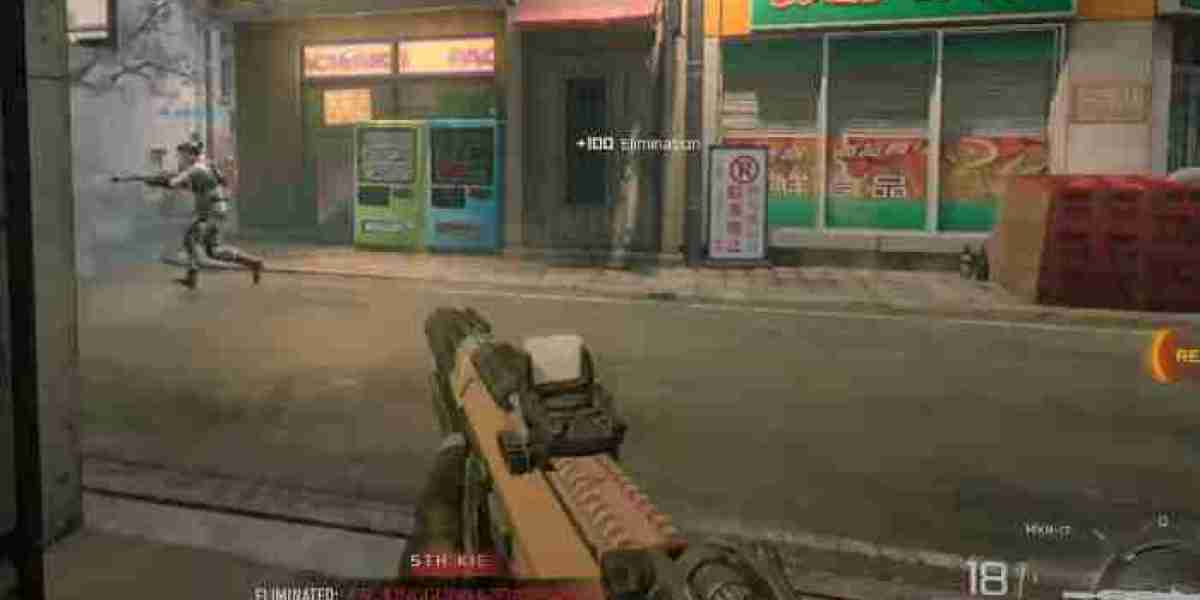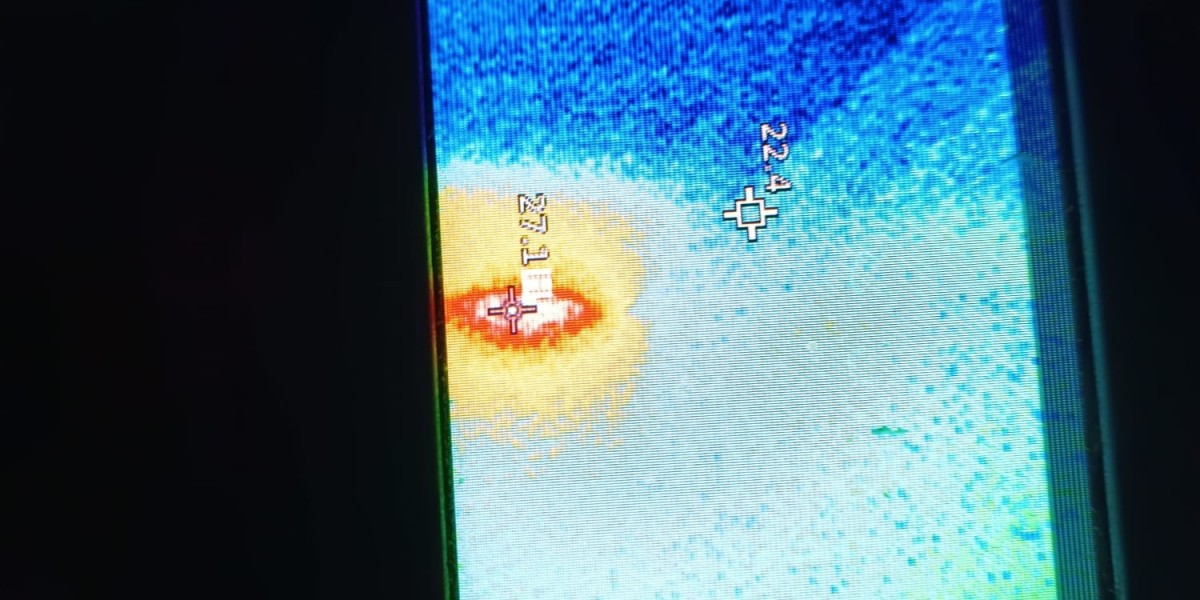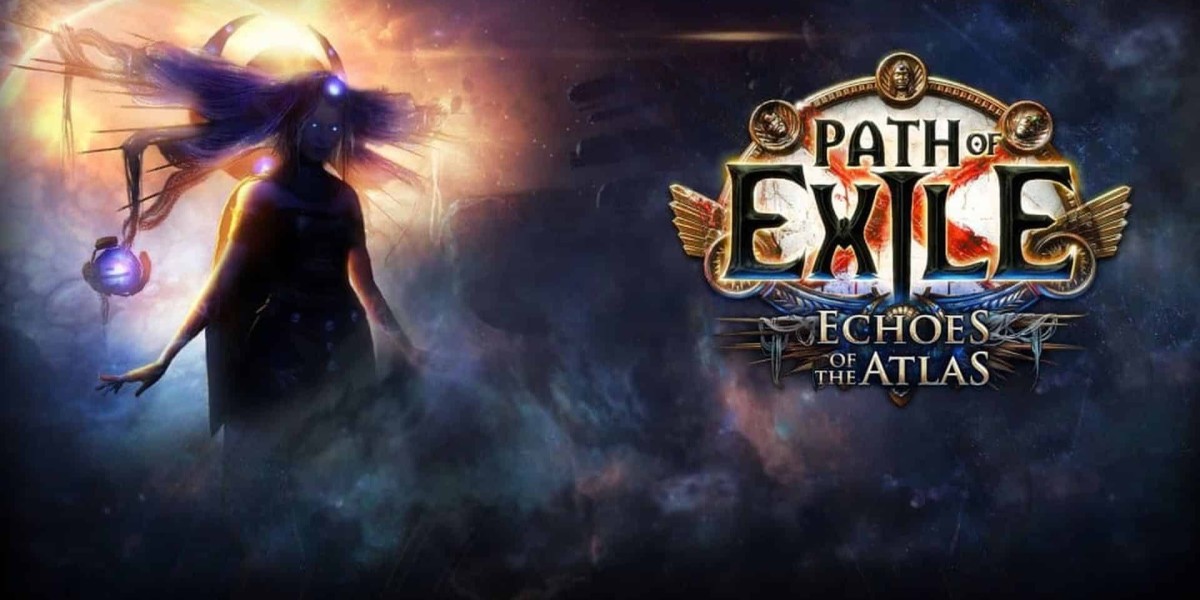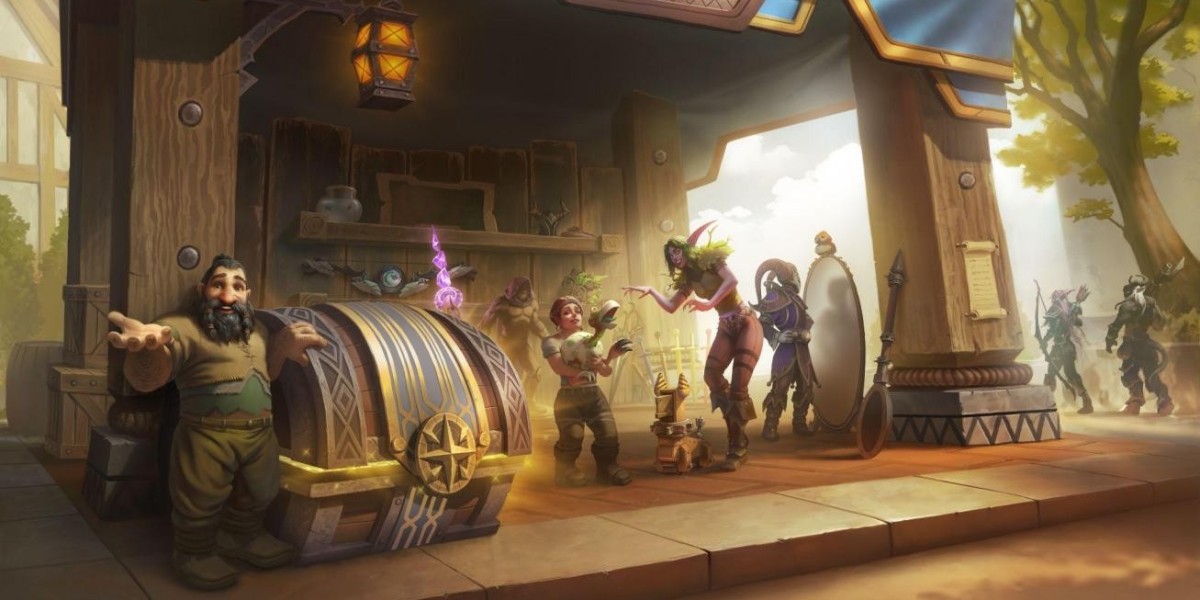Competitive Call of Duty fans have a complicated relationship with matchmaking. On paper, Skill-Based Matchmaking (SBMM) sounds fair—pairing players of similar skill levels should create balanced games. In practice, it often ruins the fun. As Black Ops 7 promises “reduced SBMM,” many in the competitive community are cautiously optimistic. But for those chasing high-KD matches or grinding in Black Ops 7 Bot Lobbies, skepticism remains high.
At the heart of the issue lies the tension between competition and enjoyment. When every match feels like a ranked game, casual players burn out quickly. Meanwhile, skilled players who just want to unwind find themselves punished for doing well. The introduction of “open matchmaking” suggests that Treyarch wants to loosen this intensity—but how much control will they really give back to the player?
True competitive balance comes from clear boundaries: ranked playlists for those seeking a challenge and relaxed modes for those who want to enjoy the game. Historically, Call of Duty has blurred that line, forcing SBMM into all modes. Black Ops 7 could be the first game in years to change that. If “open matchmaking” genuinely allows for connection-based lobbies, the experience could finally return to that unpredictable, adrenaline-pumping energy that defined the franchise in its golden era.
Still, there’s an elephant in the room—Activision’s business model. SBMM isn’t just about fairness; it’s about retention. Players are more likely to buy cosmetics and spend on microtransactions when they’re performing moderately well. That’s why SBMM is so deeply embedded in the design—it’s profitable. Unless Activision willingly sacrifices that revenue stream, competitive players worry this change will be temporary.
The competitive community thrives on transparency. Streamers, esports players, and veterans want to know exactly how matchmaking works because it directly impacts their performance. Treyarch’s vague statement about “minimally considered skill” doesn’t inspire confidence. Is “minimal” 5%? 20%? Without clear data, players will continue to assume the system is working against them.
Ultimately, Black Ops 7 represents a crossroads. If Treyarch honors its promises, we might see the return of true skill expression—where grind, strategy, and reflexes define victory, not hidden algorithms. But if the company backtracks, the community will notice immediately.
Competitive Call of Duty needs authenticity more than anything. If Treyarch gets this right, it could revitalize the esports scene. If not, even loyal players may start looking elsewhere for their next adrenaline rush.
Recommended: Unveiling Black Ops 7 Zombies: Epic Perks, Sprawling Maps, and Those Sneaky Secrets








